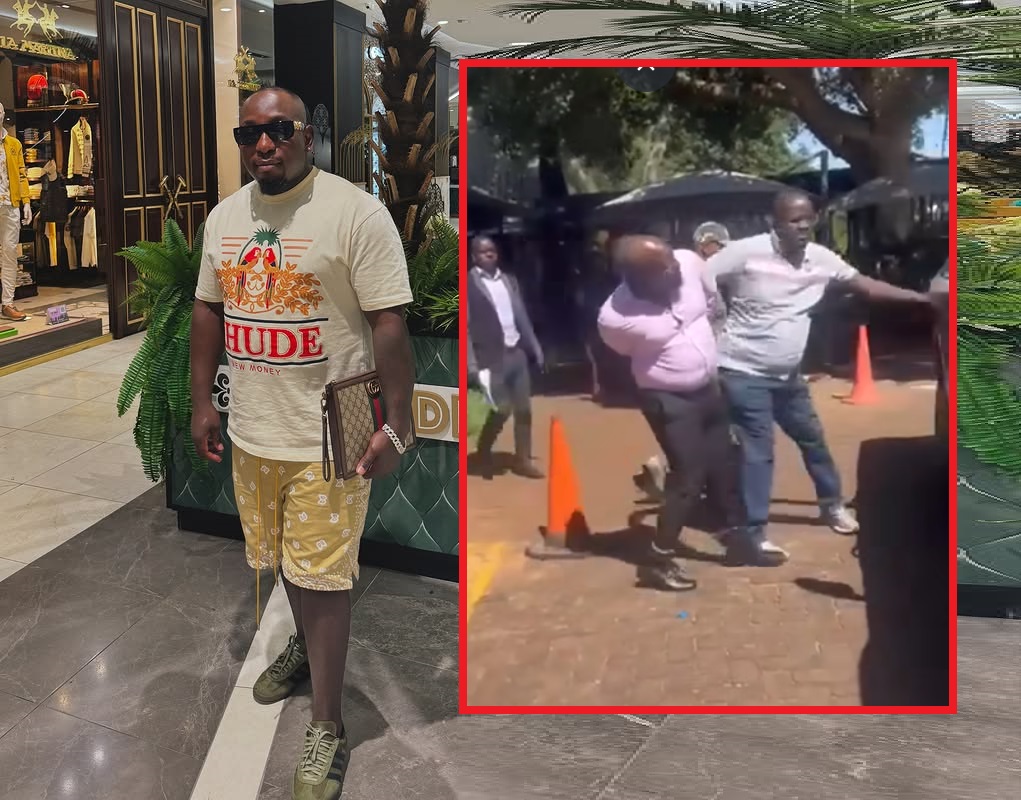Harare, Zimbabwe — In a case that’s rapidly gaining public attention for its high-stakes political undertones, Magistrate Isheunesu Matova has ordered the State to proceed to trial against Patrick Mutenha, popularly known as Chimpa, who faces serious charges of extortion and operating an illegal money-lending operation under the Reserve Bank of Zimbabwe’s Microfinance Act [Chapter 24:29].
At the heart of the case lies a disturbing allegation: that Mutenha deliberately invoked the names of politically powerful individuals — including members of the First Family — in a brazen attempt to intimidate his accuser, youthful fuel trader Shingai Levison Muringi, into submission.
Mutenha’s April 2024 arrest came after a dramatic sting by the CID Vehicle Theft Squad. The operation followed a police report by Muringi, who claimed he was being extorted by Chimpa after securing a US$35,000 loan under what authorities now believe were usurious “chimbadzo” terms.
By late April, Muringi had repaid a staggering US$55,000 — covering both the principal and accrued interest over a mere two-month period. Yet when he sought the return of his pledged Toyota Hilux GD6, Muringi says Mutenha made an audacious demand for an additional US$15,000. More troubling, he alleges, was the threat that accompanied the demand: Mutenha reportedly claimed he was untouchable due to his ties to the First Family and controversial gold dealer Scott Sakupwanya.
The case has raised serious concerns about the use of elite names to shield criminal behaviour and silence victims. Legal commentators say the alleged name-dropping tactic, if proven, illustrates a dangerous trend where the aura of political power is exploited to pervert justice and embolden illegal activities.
“The mere invocation of the First Family’s name in such a context is not just reckless — it’s a calculated move meant to inspire fear and suppress resistance,” said one legal analyst. “It’s an abuse of the public’s perception of political power.”
Authorities seem to agree. The CID Vehicle Theft Squad, in conjunction with the Financial Intelligence Unit (FIU) of the RBZ, gathered digital and financial evidence that will form the backbone of the State’s case. Mutenha now faces charges under Section 6 of the Microfinance Act for illegal lending, and Section 134 of the Criminal Law (Codification and Reform) Act, which covers extortion.
The intimidation angle — particularly the strategic use of high-level political name-dropping — will likely play a central role in court. Testimony from Muringi, alongside digital communications reportedly containing the threats, will be pivotal in establishing both the extortion charge and the alleged abuse of perceived political connections.
In a possible bid to derail the case, Mutenha filed a counter-claim accusing Muringi of fraud — a claim the courts swiftly dismissed after Mutenha failed to attend hearings. Legal observers believe the move was an attempted smokescreen to shift the narrative and delay justice.
Represented by prominent lawyer Claude Bare of Claude, Petronellah & Nomazulu At Law, Muringi is expected to be a key witness in a trial that will likely test Zimbabwe’s commitment to enforcing financial laws and protecting citizens from politically-tinged coercion.
As proceedings unfold, the public will be watching closely — not just for the courtroom drama, but for what the case might reveal about the misuse of political power in private disputes and financial crimes.

